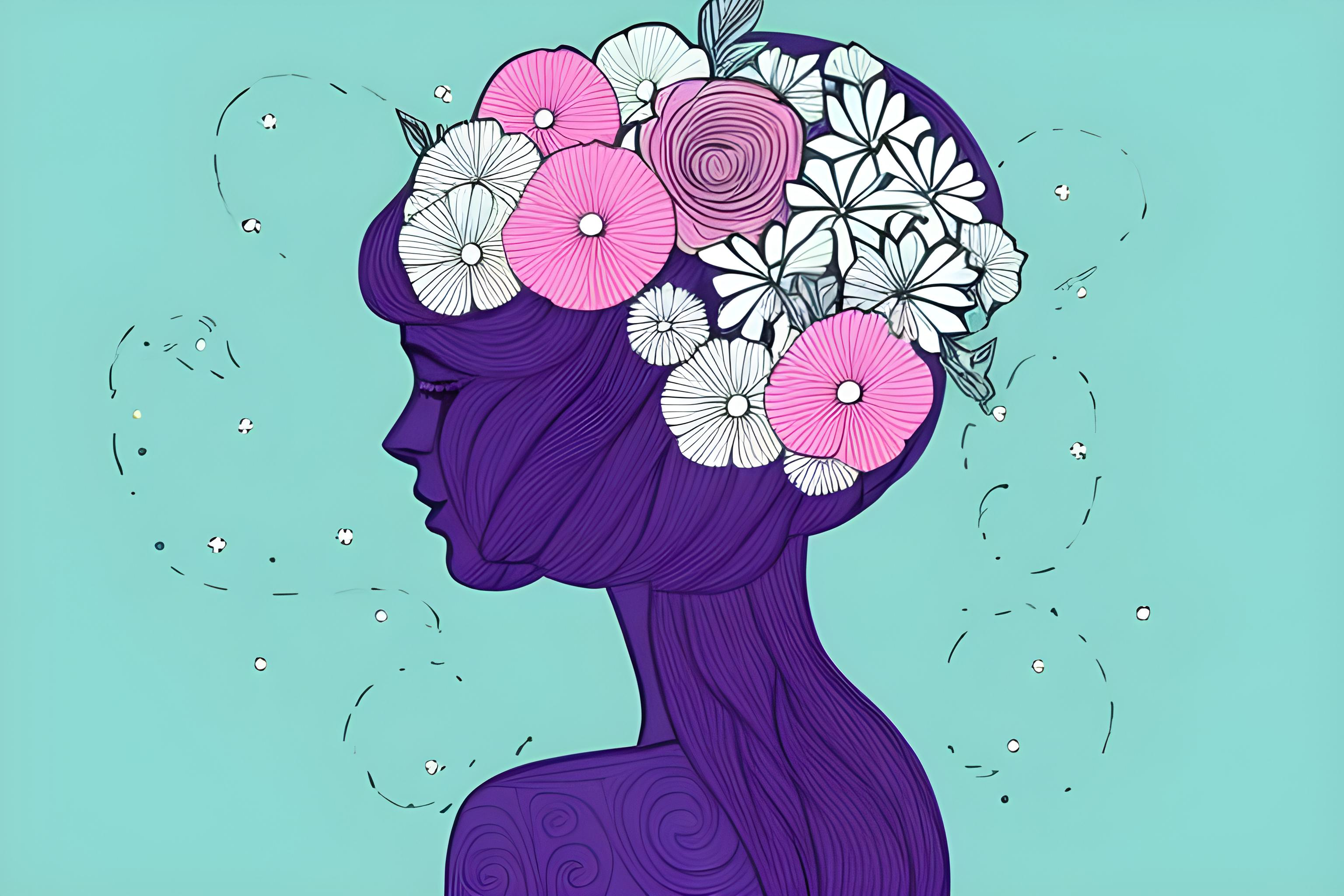
Introduction
Depression is a common mental health condition that affects millions of people worldwide. It is characterized by feelings of sadness, hopelessness, and a lack of motivation, and can have a significant impact on a person’s daily life. While medication and therapy are commonly used to treat depression, research has shown that regular exercise can also be an effective way to combat the condition.
The Role of Endorphins and Neurotransmitters in Combating Depression
Endorphins and neurotransmitters play a crucial role in regulating mood and reducing symptoms of depression. Exercise is known to release feel-good chemicals called endorphins in the brain, which are natural painkillers that also help to improve mood and reduce stress. Additionally, exercise has been shown to increase the levels of other neurotransmitters in the brain, such as serotonin and norepinephrine, which play a role in regulating mood. Exercise can help to improve the brain’s response to these neurotransmitters, making them more effective in regulating mood and reducing symptoms of depression.
The Physical Benefits of Exercise in Combating Depression
Exercise also has physical benefits that can help with depression. It can improve sleep, boost energy levels, and improve overall physical health. This can help to reduce feelings of fatigue, which is a common symptom of depression. Exercise can also help to improve self-esteem and body image, which can be negatively affected by depression. Regular exercise can make people feel better about themselves, which in turn can help to improve mood and reduce symptoms of depression.
The Effectiveness of Exercise in Treating Depression
Exercise can treat depression, according to studies. A meta-analysis in JAMA Psychiatry showed exercise is as effective as medication for mild to moderate depression. Exercise improved depression symptoms and benefits lasted over time. Another study in the American Journal of Psychiatry found adults with major depressive disorder experienced a significant reduction in symptoms after exercising 30 minutes, 3 times a week for 12 weeks. These studies prove the effectiveness of exercise in treating depression as an adjunctive treatment to medication and therapy.
Conclusion
It’s important to note that exercise should not be used as a replacement for medication or therapy, but rather as an adjunct treatment. It is also important to consult with a healthcare professional before starting an exercise program, especially if you have a history of depression or other mental health conditions. In conclusion, regular exercise can be an effective way to combat depression. The benefits of exercise on mental health are undeniable, and it’s a natural, accessible way to improve mood and reduce stress. It’s a great way to take a proactive approach to managing depression symptoms and improving overall well-being.
References
- JAMA Psychiatry. 2019;76(7):717-727. doi:10.1001/jamapsychiatry.2019.000 https://jamanetwork.com/journals/jamapsychiatry/fullarticle/2735204
- American Journal of Psychiatry. 1999;156(10):1690-1696. https://ajp.psychiatryonline.org/doi/abs/10.1176/ajp.156.10.1690
-
The ‘shocking’ truth about talcum powder and cancer!

Spread the loveTalcum powder, commonly used for its moisture-absorbing properties, has been a staple in
-
Can Salmonella Bacteria Cure Bowel Cancer? Latest Research Explained

Spread the loveRecent scientific research has unveiled a surprising potential ally in the fight against
-
What about the first case of the new Mpox strain in California?

Spread the loveOn November 16, 2024, California health officials confirmed the first U.S. case of
